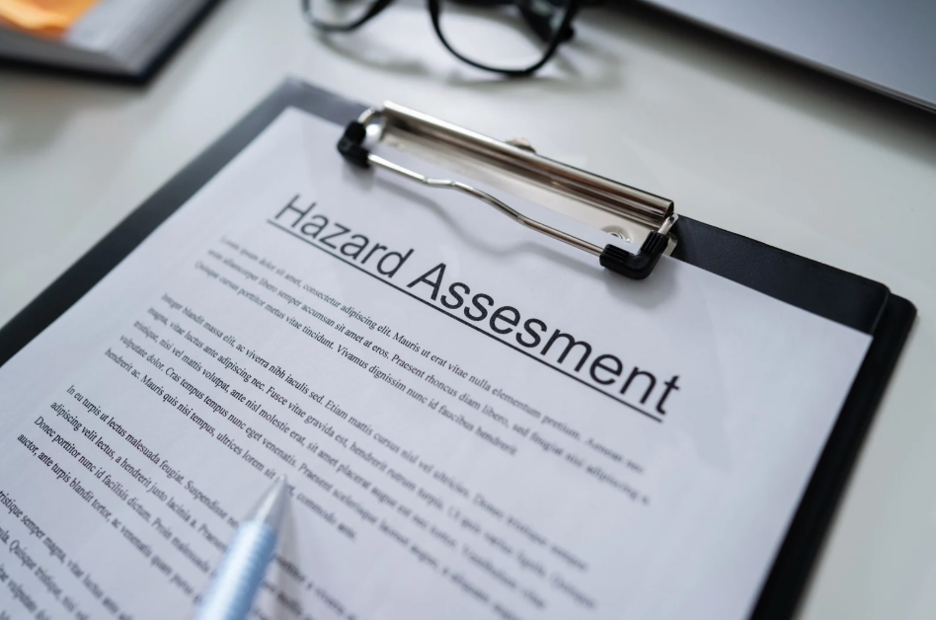The Health Insurance Portability and Accountability Act (HIPAA) remains a cornerstone of healthcare data security and patient privacy. With the evolving landscape of cybersecurity threats and regulatory updates, 2025 brings new challenges for HIPAA compliance in the healthcare setting. This article explores key challenges, and best practices for maintaining compliance for your practice/organization.
Key Challenges in HIPAA Compliance
- Evolving Cyber Threats: Cybercriminals continue to develop sophisticated attacks, making compliance a moving target. The healthcare industry is seeing a tremendous increase in targeted attacks.
- Third-Party Vendor Risks: Business associates handling PHI must meet stringent security requirements. It is the responsibility of covered entities (healthcare facilities) to ensure their Business Associates are meeting HIPAA requirements and have a signed Business Associate Agreement (BAA) in place.
- Balancing Access and Security: Ensuring patients have seamless access to their data without compromising security remains a major concern. There are steps you can take in order to ensure your patient’s protected health information (PHI) is secure while providing modes of access.
Best Practices for Compliance
- Staff Training: Educate employees on the latest HIPAA policies and cybersecurity best practices. HIPAA training is required regularly and ongoing, it is best practice to include this training with your annual OSHA Safety requirement.
- Regular Risk Assessments: Conduct thorough risk assessments to identify vulnerabilities and strengthen security measures. Security Risk Assessments (SRAs) are required for covered entities under HIPAA. Covered entities need to ensure they have their SRA documented and mitigate any higher risk areas of vulnerability that may need attention.
- Updated Policies and Procedures: Continuously review and update HIPAA policies to align with new regulations. Regulatory and internal changes occur, it is vital that you maintain your HIPAA Policy and Procedures accordingly.
- Incident Response Planning: Develop and test a breach response plan to minimize damage in the event of a data breach. Breaches can occur regardless of the effort your practice/organization might be putting in to prevent them. It is invaluable to ensure you and your staff respond to a potential breach incident effectively.
As HIPAA regulations evolve in 2025, healthcare organizations must stay proactive in compliance efforts. By embracing enhanced cybersecurity measures, refining policies, and ensuring patient access rights, entities can safeguard sensitive health information while maintaining compliance with federal regulations. MedSafe will keep you up to date on the proposed rule making (PRM) and what may go into effect as per the final rule. While the Department of Health and Human Services is undertaking this rule making, the current security rule remains in effect.
Experience Better Healthcare Compliance
We’ve been assisting our clients with their compliance needs for over 30 years. Do you need help with your HIPAA and/or OSHA program(s)? Let us help build and maintain your compliance programs so you can focus on your patients. Contact us today.
Additional Resources:



